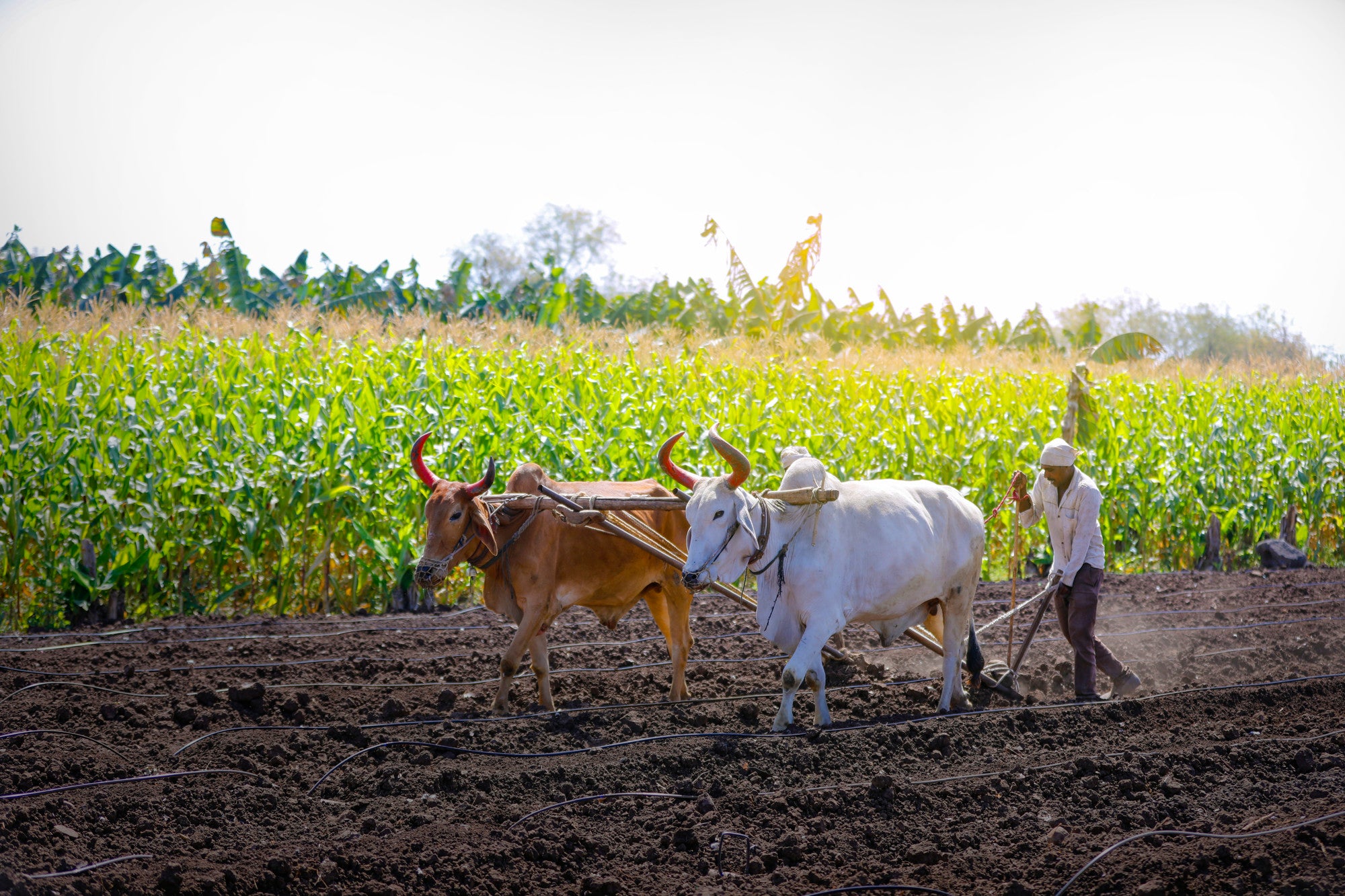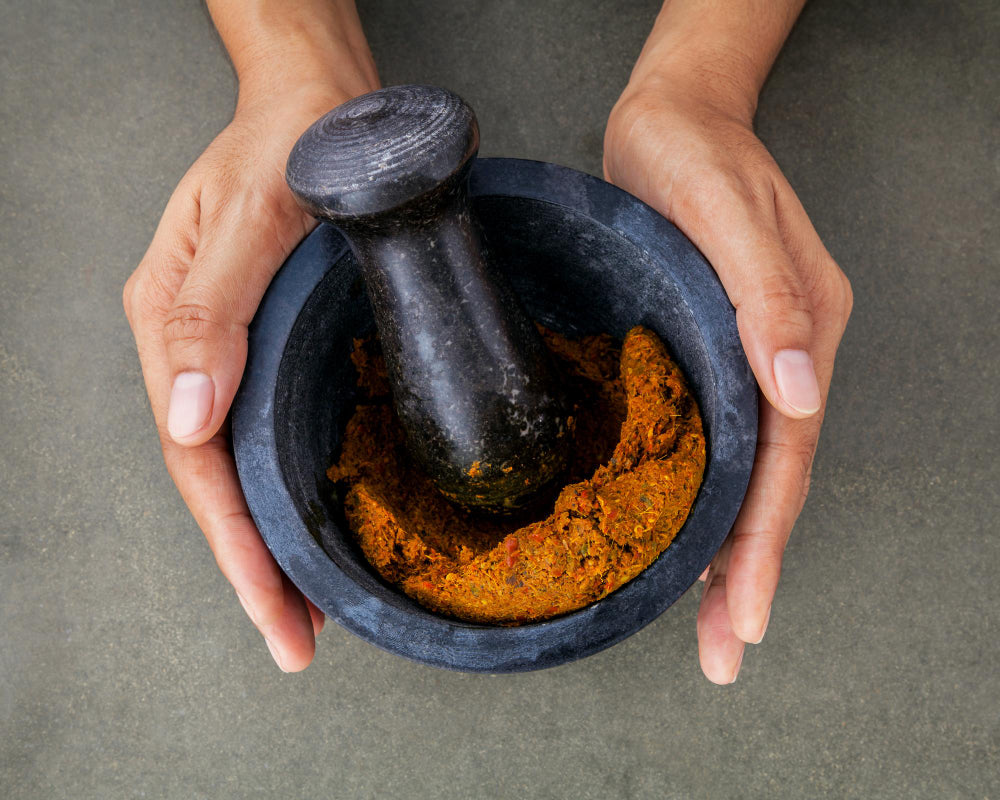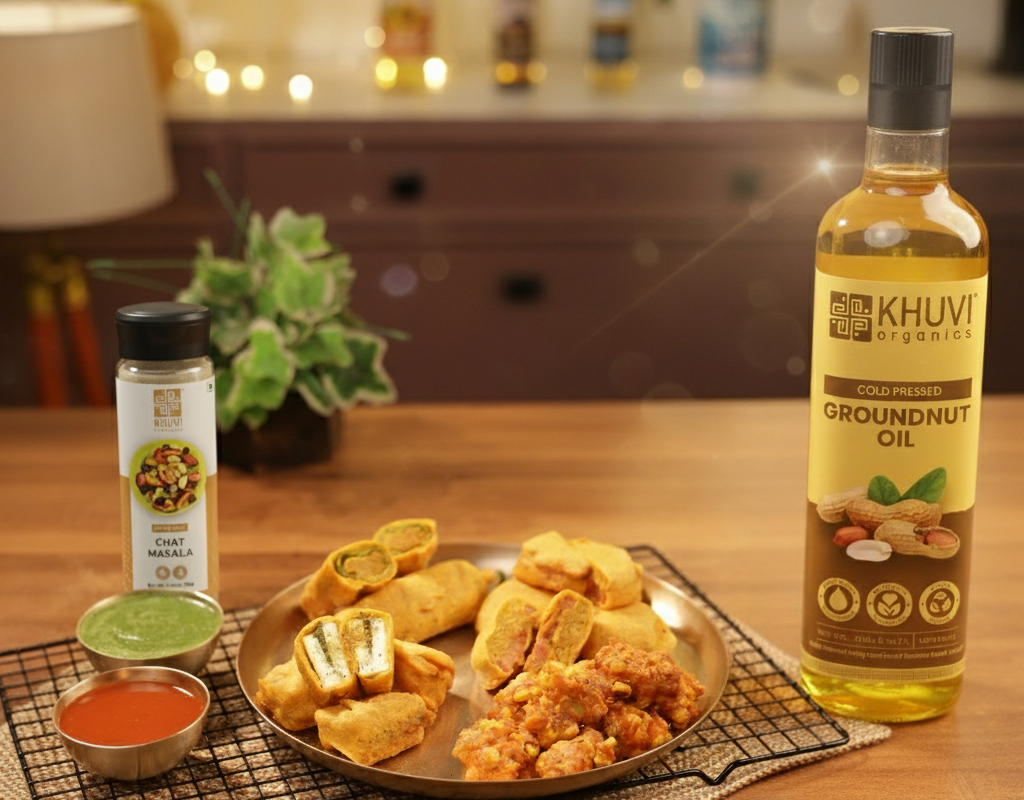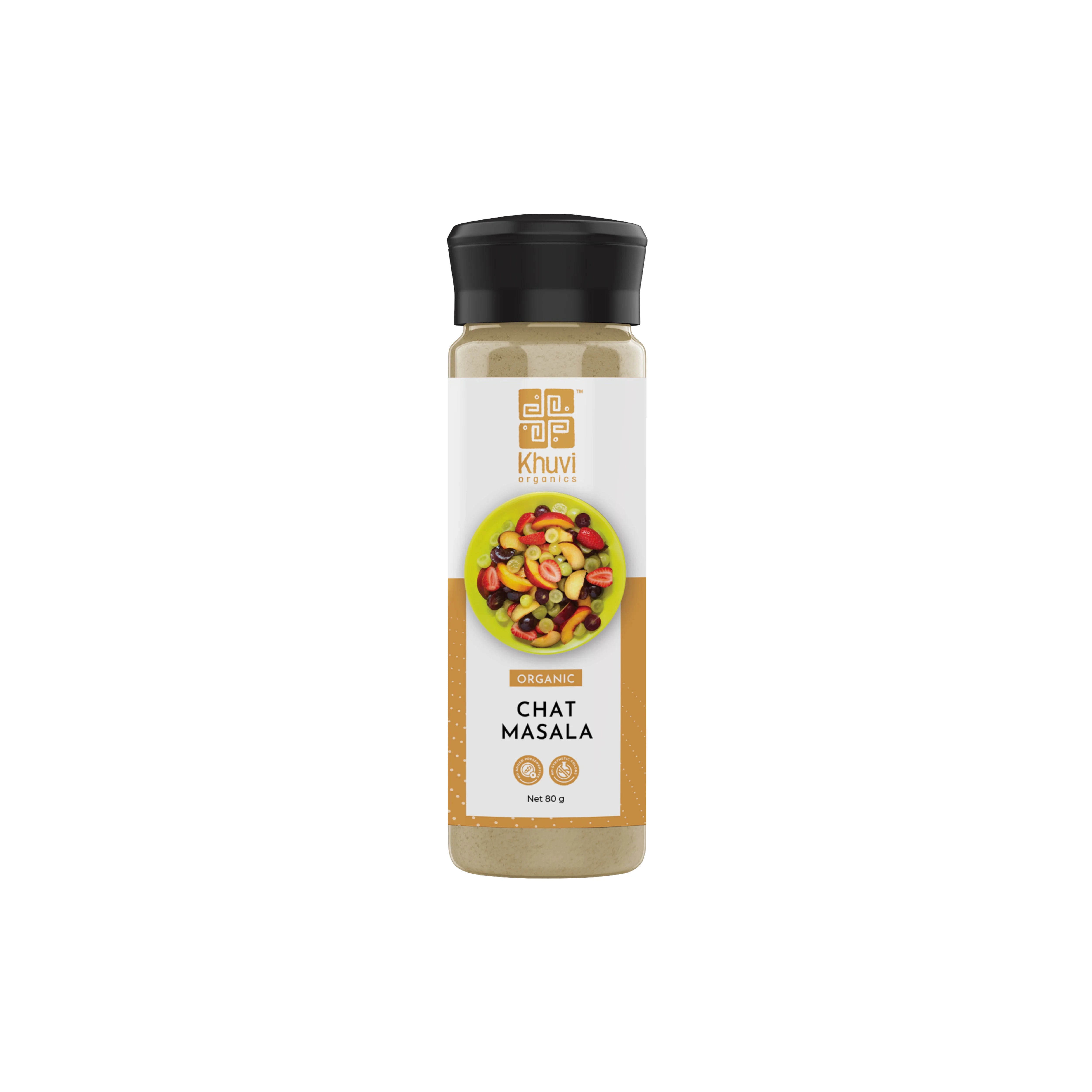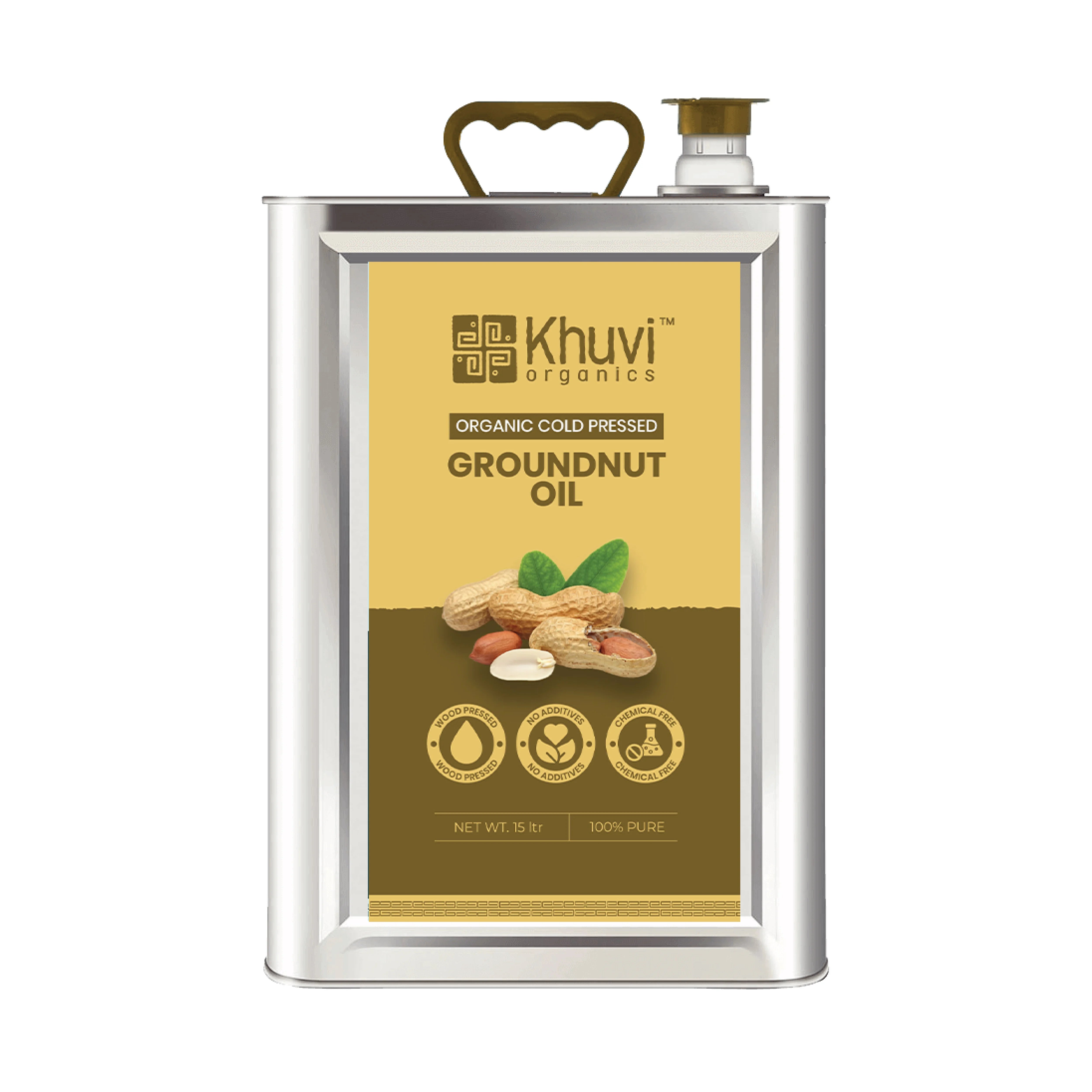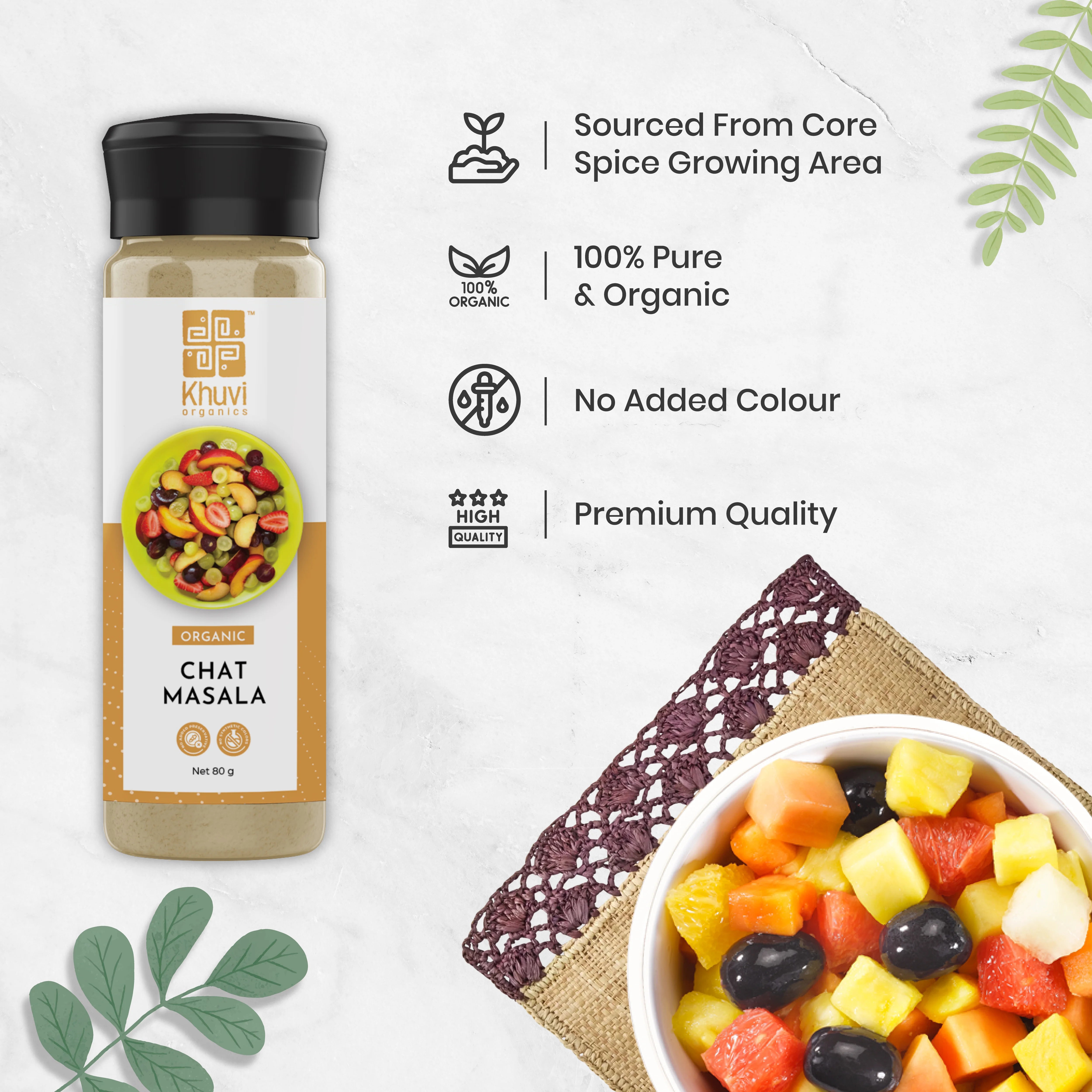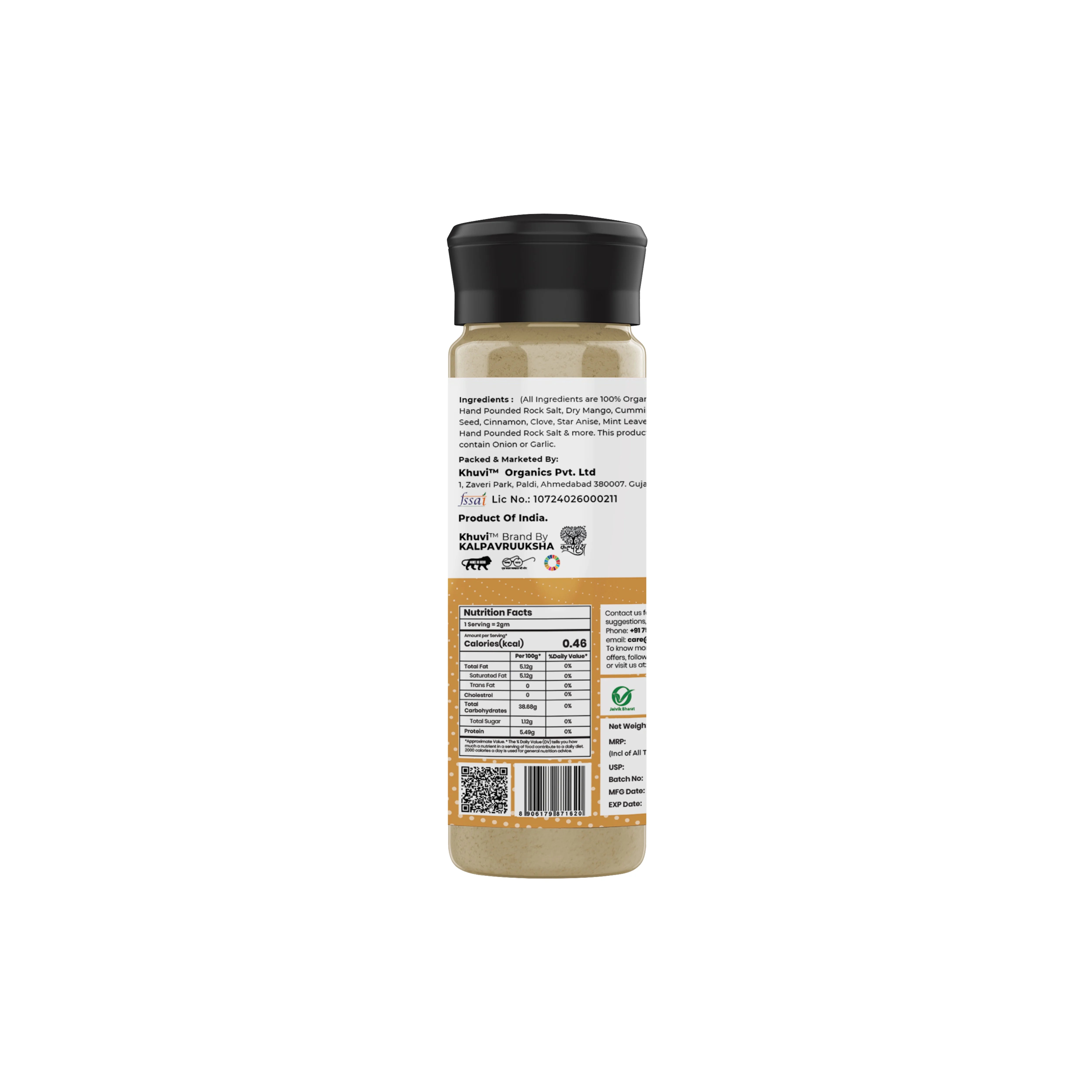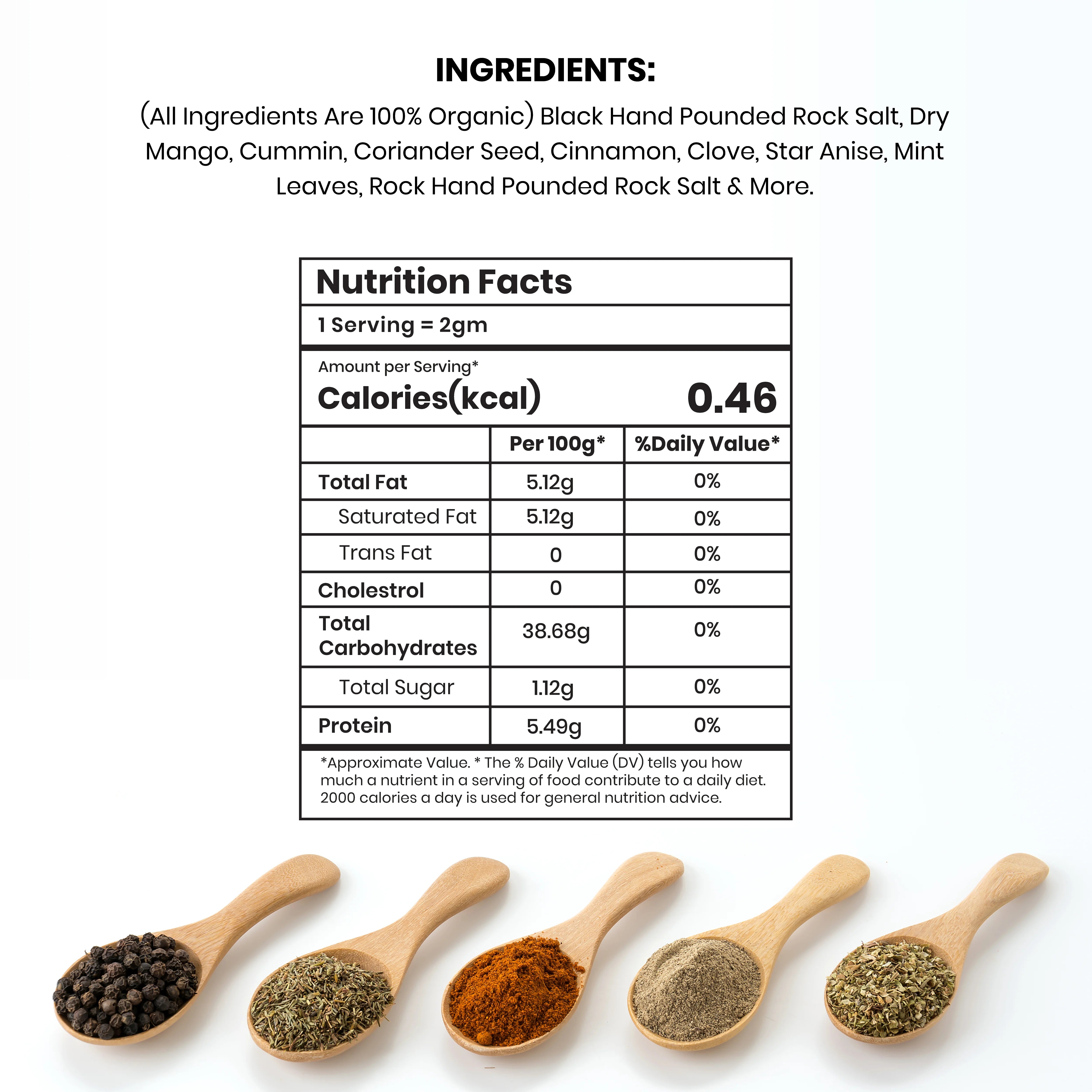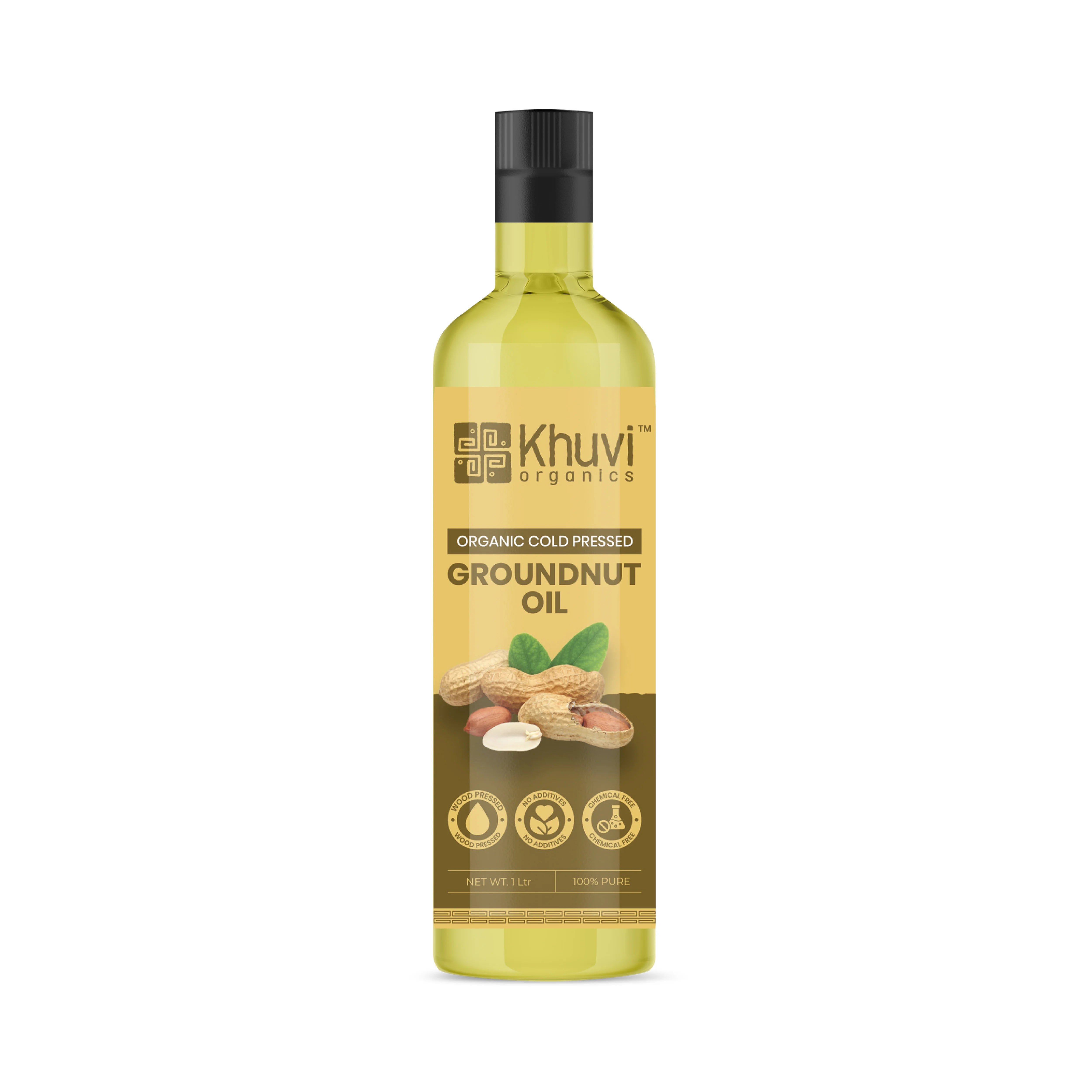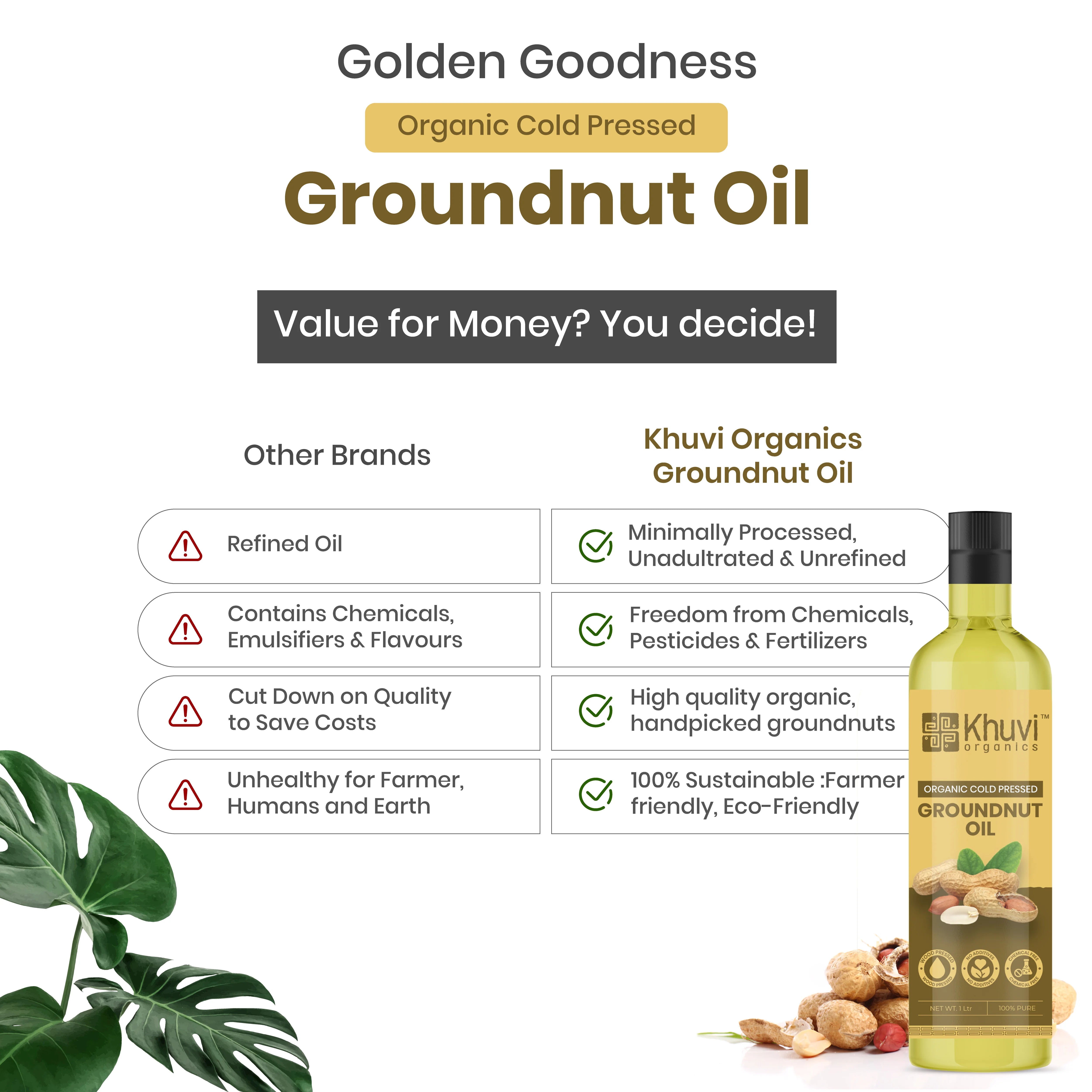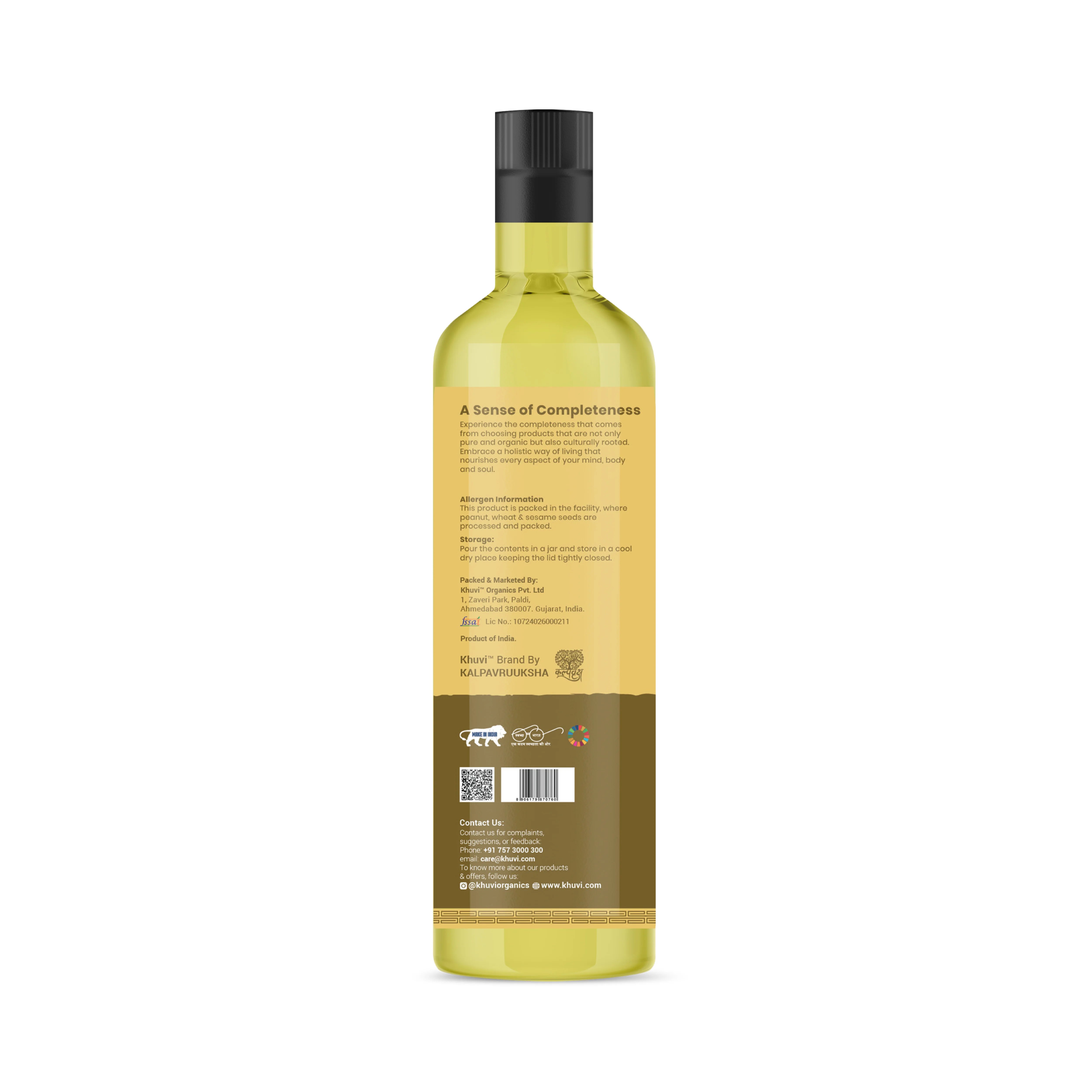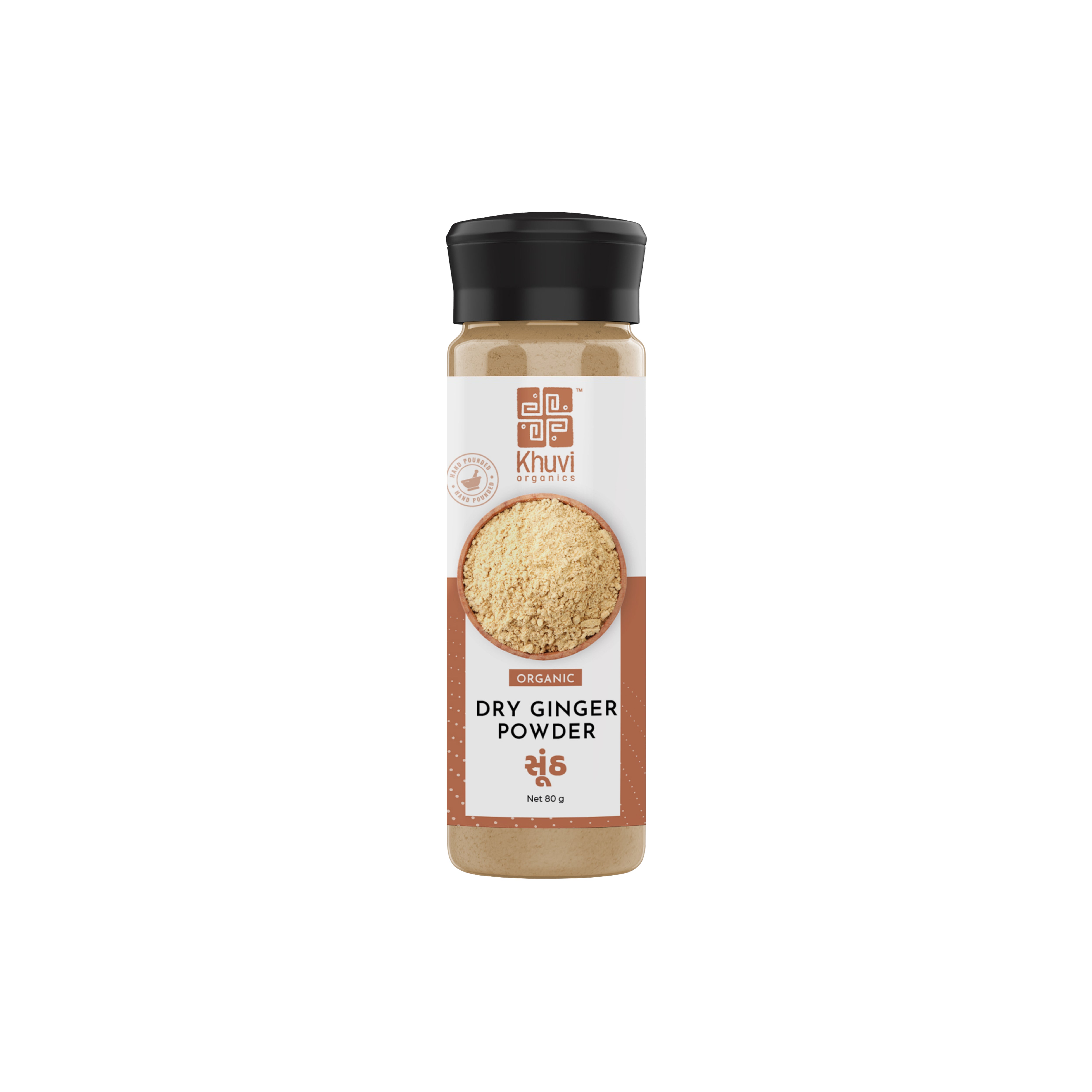
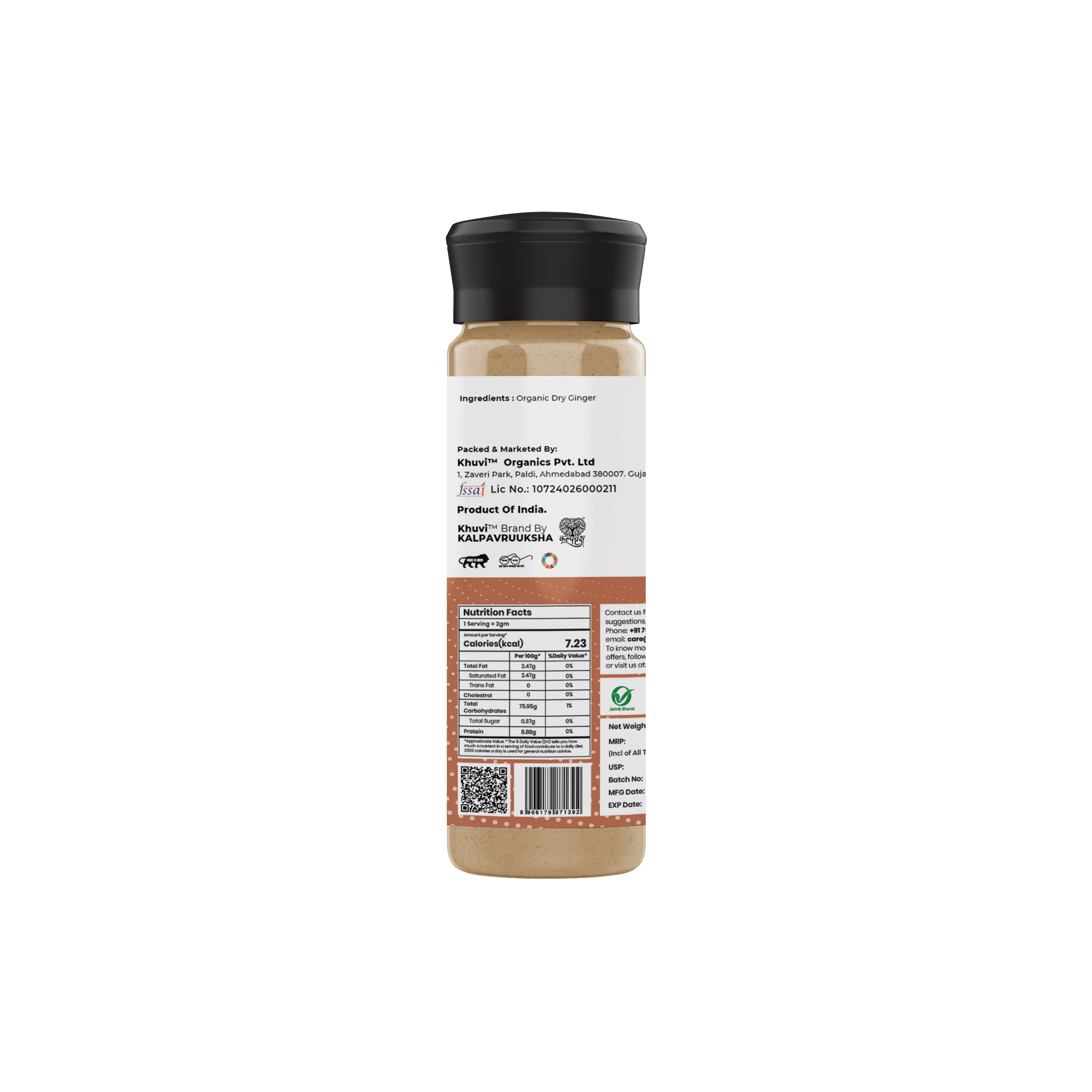
Hand Pounded Dry Ginger Powder (Sonth)
Ingredients: Organic Dry Ginger
Pairs well with
Free Shipping Across India
Express Delivery Available
7 days Return/Exchange

Hand Pounded Dry Ginger Powder (Sonth)
If you have any questions, you are always welcome to contact us. We'll get back to you as soon as possible, within 24 hours on weekdays.
-
Fast Free Shipping
Enjoy Free Shipping Across India – On Order Above ₹999/-
-
FlashDrop
IDelivery Across Ahmedabad in less than 120 minutes (10AM to 7PM)
-
Secure payment
Your payment information is processed securely
-
Contact Us
If Any Problem Contact Us
Call: +91 757 3000 300
Hand Pounded Dry Ginger Powder, or Sonth, is a traditional Indian spice that has a distinct and flavorful taste. Made from dried and hand pounded ginger root, this powder boasts an aroma that is unmatched by commercially produced ginger powders. The process of hand pounding the ginger root helps to preserve its natural flavor and aroma, resulting in a more robust and complex taste profile.
In the kitchen, sonth powder is a versatile ingredient that can be used to add flavor to a variety of dishes, including curries, stews, sauces, grilled paneer, and vegetables. It is also a key ingredient in spice blends such as chaat masala. Beyond its culinary Uses:, ginger has long been valued for its health Benefits, including its anti-inflammatory and pain-relieving properties. Overall, hand pounded sonth powder is a flavorful and functional ingredient that can enhance the taste and health Benefits of any dish.
Uses:
- Hand pounded dry ginger powder is a staple ingredient in Indian cooking and is used in a variety of dishes, from curries and stews to chutneys and teas.
- Ginger tea is a popular drink in India, made by boiling water and ginger powder, sweetened with honey or sugar.
- Ginger powder can be used as a spice in baking and marinades.
- Ginger powder can be mixed with other ingredients to make a face mask for clear and glowing skin.
USP:
- No Added Color
- Zero Chemical
- Rich Aroma
- High In Nutrients
- Ground Manually
- Zero Burnt Taste
what are the Dry Ginger Powder benefits?
Explore The Essentials
Bring the Flavor Home






FAQs
Please read our FAQs page to find out more.
DO ORGANIC PRODUCTS TASTE DIFFERENT FROM CONVENTIONAL FOOD?
Many studies have shown that there is no such difference of taste in organic food and conventional food but the well-designed studies have researched and came to a conclusion like people favor the taste of organic food more, over conventional food. Because, the organic food has more antioxidants and other vitamins into it, which makes it tastier and better. And nowadays chefs do prefer to use organic food over conventional food not only for better taste but for better health benefits too.
WHAT IS AUTHENTICITY OF KHUVI?
Khuvi’s authenticity lies in the certifications. As we go through a rigorous process of getting our farms as well as our processing certified. Also, we are getting certified by well-known accredited certification bodies.
WHY TO CHOOSE KHUVI?
Khuvi has certified Organic farms, processing units for raw materials, powdering, herbal extractions oil processing, and steam sterilization, which all together enables Kalpvruuksha to deliver organic products with ultimate quality standards and purity.
DIFFERENCE BETWEEN ORGANIC AND CONVENTIONAL FOOD?
Growing
- Organic grown with natural fertilizers (manure, compost).
- Conventional grown with synthetic chemical fertilizers, pesticides etc.
Weeds
In Organic weeds are controlled naturally (crop rotation, hand weeding, mulching, and tilling).
In conventional weeds are controlled with chemical herbicides.
- Pets
- Organic, pests are controlled using natural methods (birds, insects, trap crops) and naturally-derived herbal pesticides
- Conventional, pests are controlled with synthetic pesticides
WHY ORGANIC FOODS ARE COSTLIER?
- Organic products are usually priced more compared to the conventional products due to the following reasons,
- Less chemical means more labor work.
- Cost of Bio fertilizer for organic farming.
- Crop Rotation.
- Post-harvest handling cost.
- Organic Certification.
- Organic food grows slowly.

